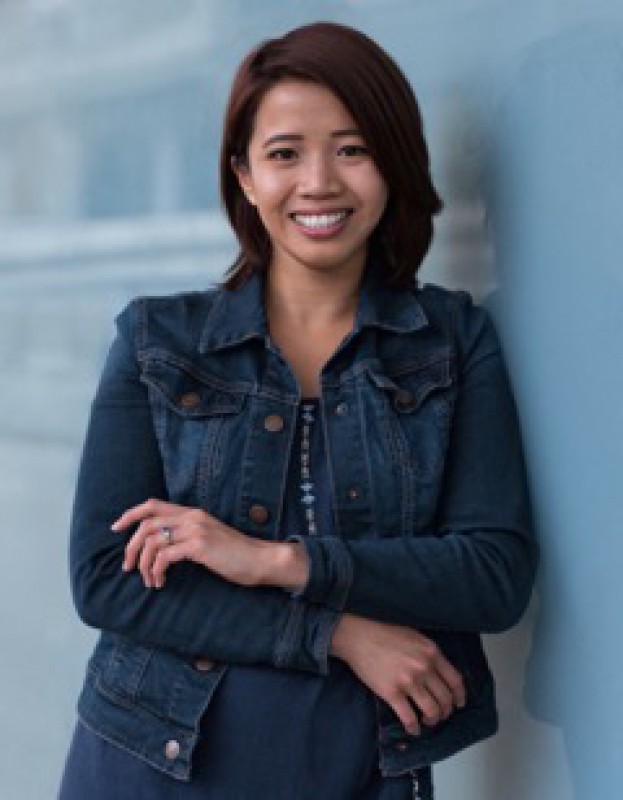KLI Colloquia are invited research talks of about an hour followed by 30 min discussion. The talks are held in English, open to the public, and offered in hybrid format.
Fall-Winter 2025-2026 KLI Colloquium Series
Join Zoom Meeting
https://us02web.zoom.us/j/5881861923?omn=85945744831
Meeting ID: 588 186 1923
25 Sept 2025 (Thurs) 3-4:30 PM CET
A Dynamic Canvas Model of Butterfly and Moth Color Patterns
Richard Gawne (Nevada State Museum)
14 Oct 2025 (Tues) 3-4:30 PM CET
Vienna, the Laboratory of Modernity
Richard Cockett (The Economist)
23 Oct 2025 (Thurs) 3-4:30 PM CET
How Darwinian is Darwinian Enough? The Case of Evolution and the Origins of Life
Ludo Schoenmakers (KLI)
6 Nov (Thurs) 3-4:30 PM CET
Common Knowledge Considered as Cause and Effect of Behavioral Modernity
Ronald Planer (University of Wollongong)
20 Nov (Thurs) 3-4:30 PM CET
Rates of Evolution, Time Scaling, and the Decoupling of Micro- and Macroevolution
Thomas Hansen (University of Oslo)
4 Dec (Thurs) 3-4:30 PM CET
Chance, Necessity, and the Evolution of Evolvability
Cristina Villegas (KLI)
8 Jan 2026 (Thurs) 3-4:30 PM CET
Embodied Rationality: Normative and Evolutionary Foundations
Enrico Petracca (KLI)
15 Jan 2026 (Thurs) 3-4:30 PM CET
On Experimental Models of Developmental Plasticity and Evolutionary Novelty
Patricia Beldade (Lisbon University)
29 Jan 2026 (Thurs) 3-4:30 PM CET
Jan Baedke (Ruhr University Bochum)
Event Details

Topic description:
In almost all domains of the life sciences, major historical debates are dominated by a division between internalists vs. externalists schools of thought (Gould 1977, Wilson 2004, 2005, Godfrey-Smith 1996, Bechtel and Richardson 1993/2010). Internalists and externalists have argued over nature (genetics) vs. nurture (culture), the content and vehicles of mental states, the causes of biological forms and function, the sources of adaptive evolution, the specification of immune self-recognition, the development of language, etc.
In this talk, I sketch out the basis of a future research proposal. The goal is to identify and characterize a general principle in biology and show how it can reconcile the internal vs. external dichotomy. The principle is that living systems, through their activities, explorations, and modes of interactions (“enabling causes”), tend to actively create the internal and external conditions that in turn enable “constitutive causes” to come together and give rise to biological form, function, and relative fitness.
The project will consist of two parts. First, I will focus on historical episodes in immunology and cancer biology, where internalist vs. externalist camps have argued over the ultimate cause of cellular identity. I will seek out “middle-ground” positions that have been sidelined or mischaracterized as merely interactive or purely internal/external, but in fact provide what I call “enabling causes” that defy the internal vs. external distinction. I then lay out how to test the generality of this “enabling” principle of biology and draw out its consequences for debates about biological identity.
Biographical note:


